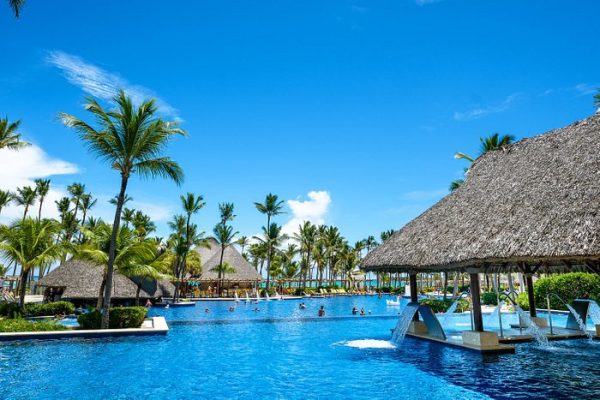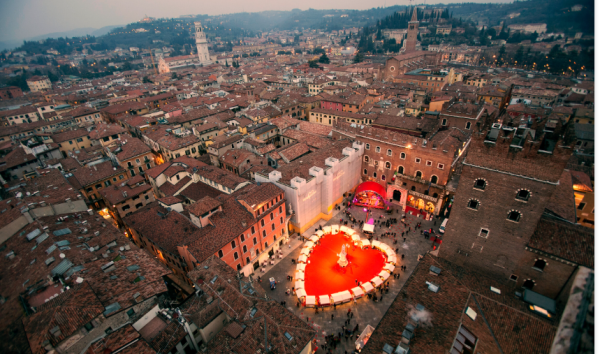Cape Town faces detrimental water crisis
The beautiful Cape Town golf courses and lush city parks have withered up into sand. The city is facing the worst drought in over a century, according to The Telegraph. Public restrooms are encouraging users to only flush toilets when absolutely necessary. Restaurants in the area are requested to use paper cups and plates to limit the amount of dishwashing, according to Time.
“I have been learning about the water crisis in both economics and AP environmental science. Should we let the citizens deal with the crisis themselves or should the government continue to intervene?” senior Jane Guidera said. “If we let the citizens deal with it themselves, there needs to be a strict level of faith in humanity for the citizens to not hoard water for themselves.”
Day Zero, occuring on April 16, is creeping around the corner, as the government in Cape Town, South Africa will be turning off the water taps. Homes and businesses in the city will have to conserve the dwindling supplies of water, according to Time. Hospitals and other vital institutions in the Western Cape will still be given water, according to Cape Town officials.
“It is really scary how in a few months they will have no water left, and they won’t be able to have drinking water or take showers or anything that revolves around water,” junior Emily Heurung said.
Day Zero is the moment when the six dams in Western Cape fall below 13.5 percent capacity. After it falls under ten percent, the water is no longer drinkable, according to The Telegraph. The worst-case scenario is that water rationing could last for three months. Recently, the city stated they would continuously evaluate and fine-tune these measures in the days that lead-up and follow Day Zero. The act of collecting water will be a massive inconvenience to Capetonians, so water conservation must begin now, according to Cape Town’s statement.
“It is tragic and I can’t sleep at night thinking about the crisis,” junior Emelia Lowe said.
Audrey Witbooi, a resident of Cape Town, will have to stand in line at communal water points to collect her daily 6.6 gallons of water. The water points are strictly patrolled by armed guards to make sure residents are not taking more water than the city limit, according to Time.
“My uncle is from Cape Town. He is sad to see his homeland struggling for water. It is hard because there is nothing he can do in America to help his family,” senior Ellie Burr said.
The water crisis will affect 300,000 jobs, specifically in agriculture, according to Time. Working employees are faced with the challenge of going to work versus waiting in line for water. The massive water crisis will severely hinder the economy.
“They have already turned off water for livestock and agricultural purposes which will limit another high consumption flow of water. It is a huge problem and it makes me think about how the government should be involved,” Guidera said. “There are a lot of potential solutions, so it will be interesting to see how they go about it. I think people should become more aware of this issue, especially tourists.”
Cape Town is a popular tourist destination in South Africa. As tourists are still flooding the area to escape the winter, they are being told to limit showers to 90 seconds, flush the toilet only when necessary and to swim in the sea rather than pools. Because of the heavy amount of tourists, the daily allowance of water for the local residents has decreased dramatically from 87 liters to 50 liters, according to The Telegraph. The average water use per person in the United Kingdom is 150 liters.
Tourists are being encouraged to save water, like the locals. Visitors can still enjoy their holiday without wasting vital resources and the city asks if tourists can take special care of the area, according to Cape Town’s tourist office.

Hi! My name is Tori Everson and I am a senior at Orono High School. I am excited to take on my role as news editor for this year. I have been in journalism...










